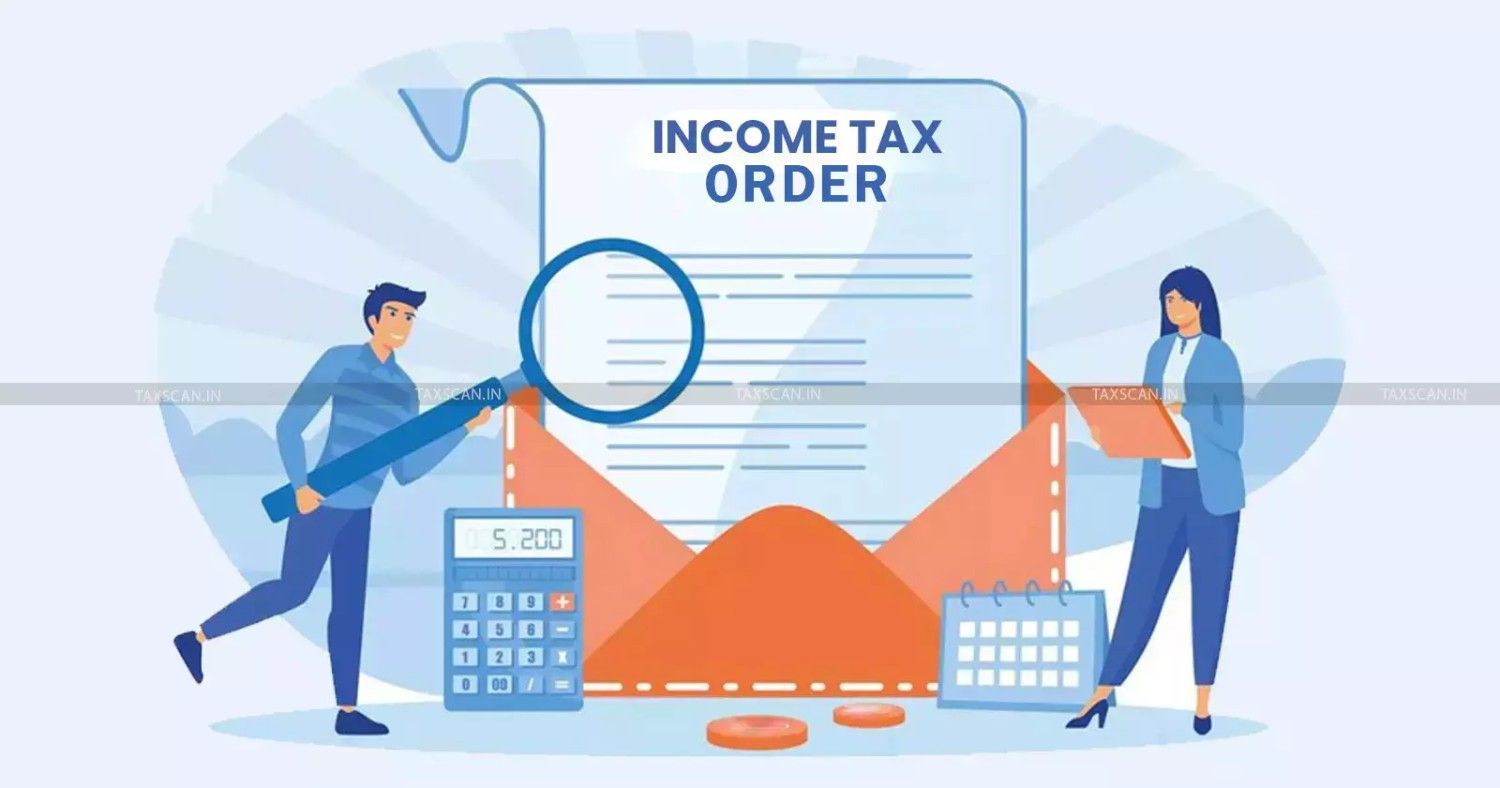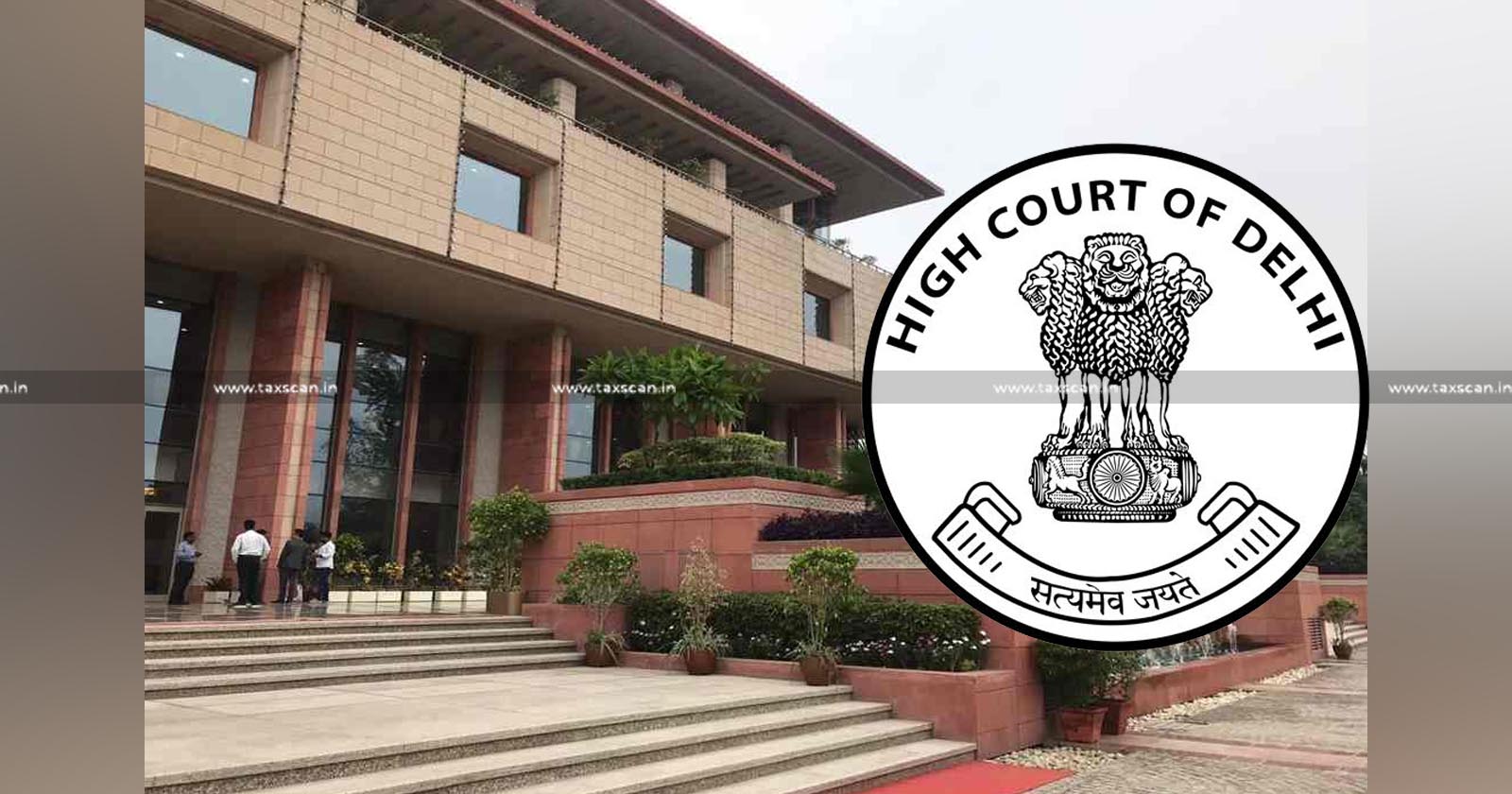Proceedings Must Comply with Faceless Reassessment Procedure under Amended IT Act: Bombay HC Stays Old Notices [Read Order]
The Bombay High Court stayed reassessment notices issued under the old Section 148 regime, holding that all proceedings initiated after April 1, 2021, must comply with the faceless reassessment procedure introduced by the amended Income Tax Act
![Proceedings Must Comply with Faceless Reassessment Procedure under Amended IT Act: Bombay HC Stays Old Notices [Read Order] Proceedings Must Comply with Faceless Reassessment Procedure under Amended IT Act: Bombay HC Stays Old Notices [Read Order]](https://images.taxscan.in/h-upload/2025/11/06/2102731-faceless-reassessment-reassessment-it-act-bombay-hc-old-notices-taxscan.webp)
The Bombay High Court at Goa dealt with a series of writ petitions challenging reassessment notices issued under Section 148 of the Income Tax Act, 1961. The petitions were directed against notices fixing assessment dates before the Assessment Year 2023–2024, each issued on distinct dates by jurisdictional Income Tax Officers.
The Court recorded that during the pendency of the proceedings, the petitioners sought a stay on the operation of the impugned notices, which had been issued under the pre-amendment regime.
The common ground raised was that the entire scheme of reassessment transformed the Finance Act, 2021, which substituted Sections 147 to 151 with effect from April 1, 2021. Accordingly, all reassessment proceedings initiated on or after that date must conform to the amended statutory mandate introducing the faceless regime.
 Also Read:Delhi HC sets aside Income Tax Order Denying Exemption to Charity Over 16-Day Audit Delay [Read Order]
Also Read:Delhi HC sets aside Income Tax Order Denying Exemption to Charity Over 16-Day Audit Delay [Read Order]
Comprehensive Guide of Law and Procedure for Filing of Income Tax Appeals, Click Here
In addition, it was argued that two mandatory conditions were not fulfilled, the initiation of proceedings had to be in accordance with the faceless reassessment mechanism prescribed under Sections 147, 148, and 148A, and the notices ought to have been issued by the Faceless Jurisdiction of the Income Tax Authorities in terms of the Faceless Jurisdiction Scheme.
The petitioners contended that the impugned notices contradicted the statutory framework and were liable to be stayed.
The Bench comprising Justice Nivedita P Mehta and Bharati Dangre noted that the submissions, recorded the appearance of Pawar for the petitioners and Linhares for the Revenue, and observed that the petitions raised a common question of law despite minor variations in the assessment years.
The Court also took into account that similar issues had come up before the Principal Seat of the Bombay High Court in matters such as J.D. Printers Pvt. Ltd. v. Income Tax Officer (2024) and Hexaware Technologies Ltd. v. Asst. CIT (2024), where interim protection had been granted, and proceedings were currently pending before the Supreme Court.
The Bench relied upon those cases and, recognizing the pendency of the matter before the Apex Court, the Bench issued the rule was made returnable and recorded that notice was waived on behalf of the respondents by their counsel.
Comprehensive Guide of Law and Procedure for Filing of Income Tax Appeals, Click Here
Pending the hearing and final disposal of the writ petitions, the Court directed that an interim order shall operate, staying the impugned notices issued under Section 148 of the Income Tax Act in each of the petitions, together with all consequential reassessment proceedings arising therefrom.
The Court further granted liberty to the parties to approach it for appropriate directions or reliefs upon the pronouncement of orders by the Supreme Court in the pending proceedings involving similar questions of law
 Also Read:Delhi HC Sets Aside ITAT Order for Lack of Reasoned Findings on Functional Comparability in Transfer Pricing Case [Read Order]
Also Read:Delhi HC Sets Aside ITAT Order for Lack of Reasoned Findings on Functional Comparability in Transfer Pricing Case [Read Order]
The High Court reaffirmed that all reassessment proceedings must comply with the faceless reassessment procedure under the amended provisions of the Income Tax Act.
Support our journalism by subscribing to Taxscan premium. Follow us on Telegram for quick updates


